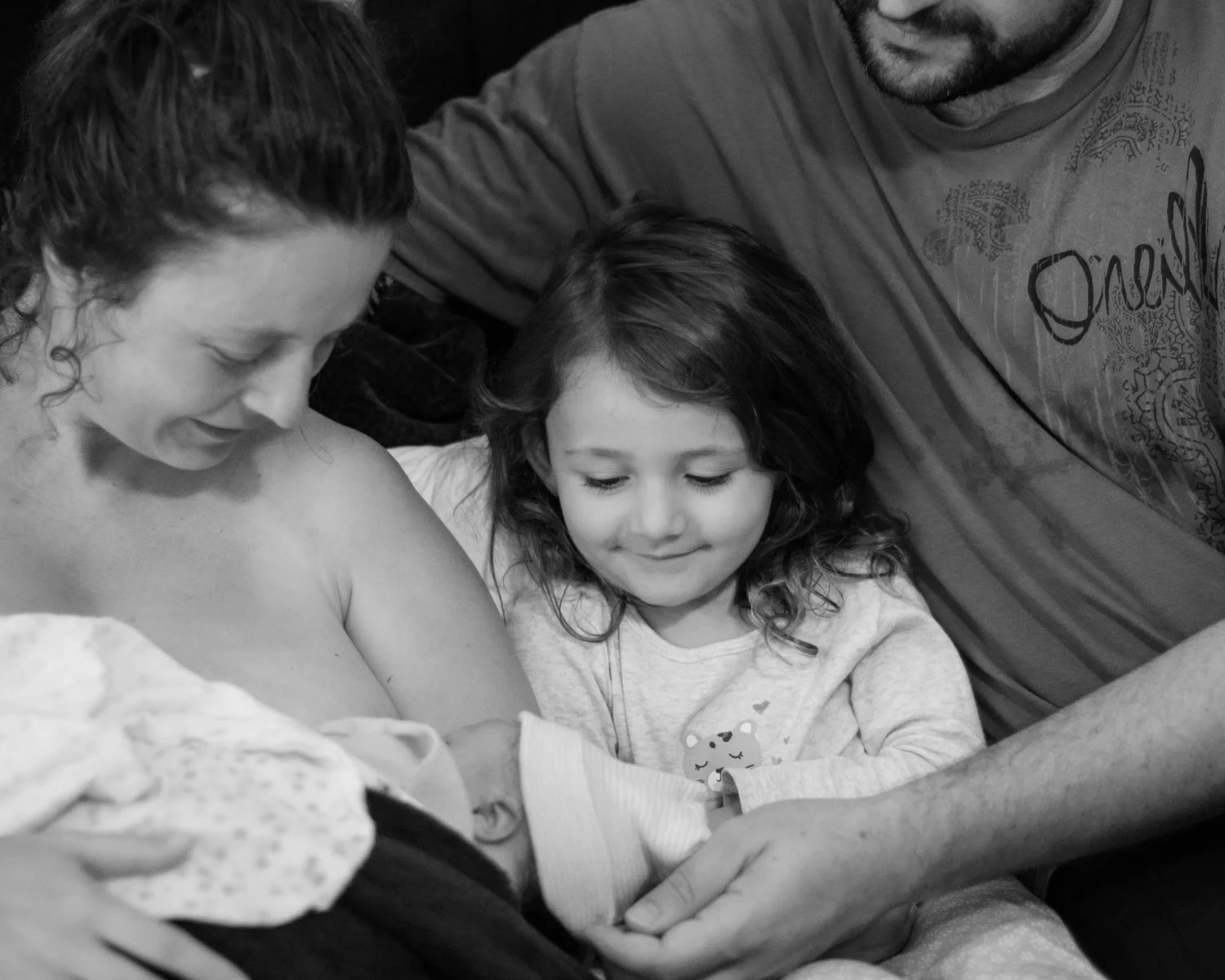I have so many families stressing over their lack of a freezer full of milk. Let me tell you, you do not need a freezer stash to go back to work or to start going on outings away from your baby. So if you are pumping and getting 2-4 oz and thinking-omg that’s it?! please know that’s a great amount. While some moms lean towards being an over-producer and could easily fill a freezer with surplus milk (and apparently all those moms are posting pics of their freezer on Tik Tok), that’s not the average. Your body wants to make just enough for your baby. Not too little and not too much. If you lean towards having a larger milk supply, you may over produce for the first 6-8 weeks of breastfeeding especially as your body regulates milk production. After that it’s starting to get the memo it’s over doing it and will begin to down regulate. Alternatively if you’ve had a low supply to start, it can take 6-8 weeks to build a full milk supply. Either way, after a month or two of nursing, your body is doing it’s best to meet your baby’s needs, not more or less.
So how much milk do you really need in that freezer of yours?
Really not much, or possibly none. Just because you don’t have extra, doesn’t mean you don’t have enough. If you just want a feeding stored away to go out to lunch or dinner and you’re only missing one feed, around 3 ounces stored is going to be good for your kiddo.
If you’re going back to work and missing several nursing sessions, usually around 12-15 ounces in your freezer will be good for your first day back. After that you are going to pump each day for the next day. So a gigantic freezer stash is not needed.
If you have the desire to build a small stash, here is what I recommend:
Pump once a day directly after breastfeeding in the morning. The morning is when most moms find their supply is highest which makes it easier time to “shave off the top.” Don’t stress about the amount you collect. Some families will easily get 2-3 ounces after breastfeeding in the morning, others will get less than an ounce. Just collect it day by day and build a little supply to use it when you need. This can help create a modest stash in the freezer or maybe at least enough for a date night away from the little.
As mentioned before your body sometimes will make a little extra for the first 6-8 weeks of nursing, so this can be a great time to save some extra milk if you want. Just don’t go crazy with the pumping. We don’t want the body thinking your feeding twins.. unless you are:)
As always, for a tailored plan for your family, reach out to us to schedule a 1x1 consultation.












